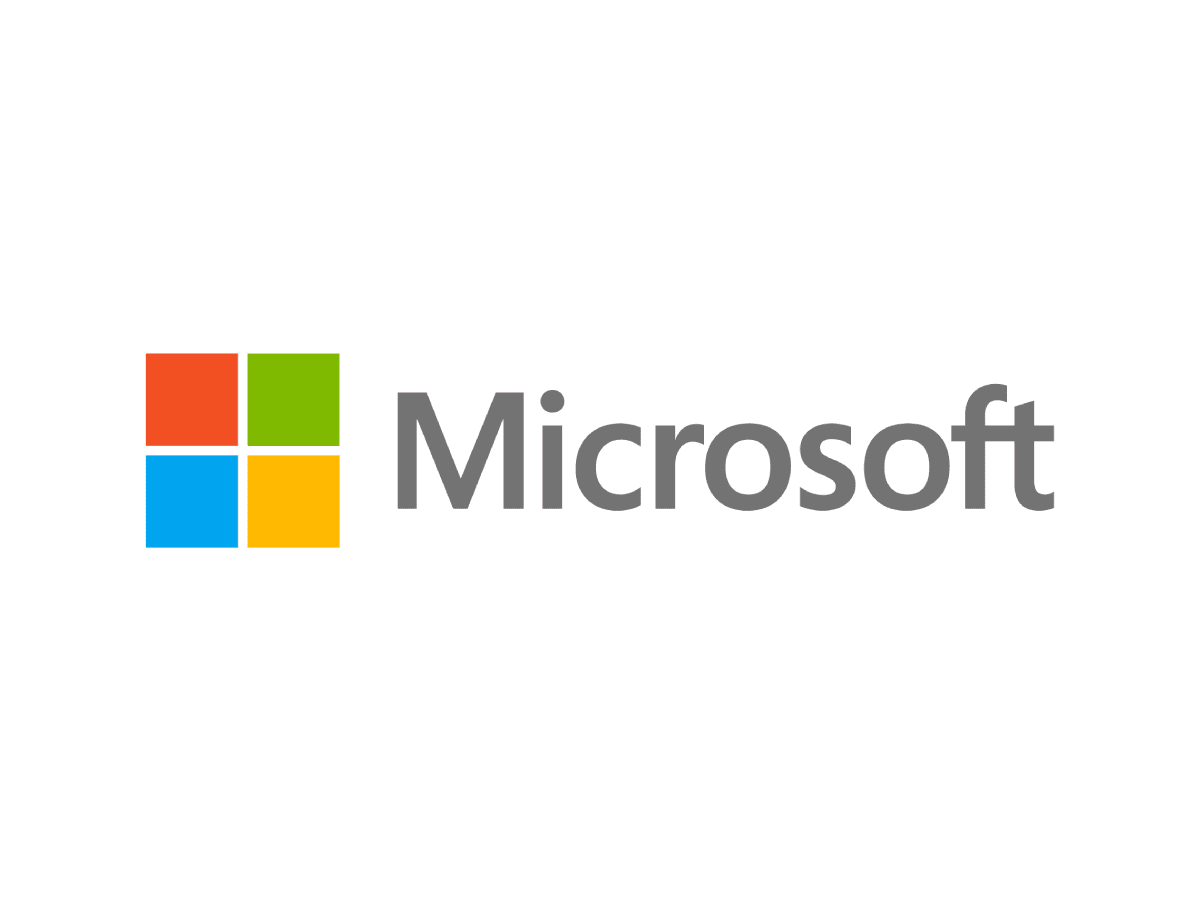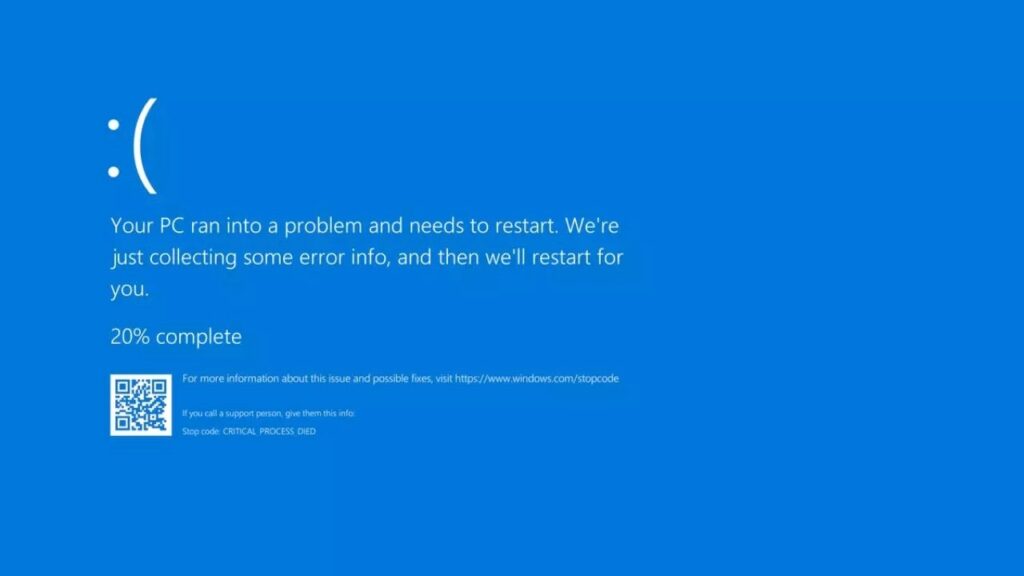
A significant global IT outage has caused widespread disruptions across various sectors, primarily affecting Microsoft and CrowdStrike services. The outage began on July 19, 2024, around 6 PM ET, and quickly spread to users in the United States, Australia, India, and several European countries.
Microsoft Services Impacted
Microsoft’s cloud services, including Azure and Microsoft 365 applications, experienced severe disruptions. Users reported difficulties logging in, accessing applications, and utilizing OneDrive. According to user reports, 59% faced login issues, 22% encountered problems with app accessibility, and 19% struggled with OneDrive functionality. The initial disruptions were concentrated in the Central U.S. region but rapidly affected users worldwide, leading to operational challenges for organizations relying on these critical tools.
CrowdStrike BSOD Errors
Compounding the situation, users of CrowdStrike’s Falcon Sensor reported encountering Blue Screen of Death (BSOD) errors linked to a recent software update. This issue caused critical failures on Windows hosts, resulting in boot loops and system crashes. CrowdStrike’s engineering team quickly identified the problem as stemming from a faulty content deployment and reverted the changes. They provided guidance for affected users, advising them to delete specific driver files to resolve the BSOD errors.

The global outage has had a profound impact on several key sectors include Airlines, Banking, IT Sectors and many more.
Airlines in India report flight disruption over Microsoft outage
Airlines in India on Friday reported that their systems across the network are impacted by an ongoing outage in Microsoft Azure. Flyers are advised to reach out to their respective airlines for information on the flights.
Microsoft Azure, or just Azure, is the cloud computing platform developed by Microsoft. It offers management, access, and development of applications and services to individuals, companies, and governments.
“Our systems across the network are impacted by an ongoing issue with Microsoft Azure, which has resulted in increased wait times at our contact centres and airports. You may experience slower check-ins and longer queues,” Indigo said in an advisory.
“We are all hands on deck and are working relentlessly to restore stability and normalcy. Our digital team is also coordinating closely with Microsoft Azure to resolve these issues swiftly. We appreciate your patience and understanding during this time,” the advisory added.
A similar disruption was reported by Akasa Air earlier today. Akasa Air said due to infrastructure issues with the service provider, “some of our online services, including booking, check-in and manage booking services will be temporarily unavailable”
Currently, Akasa is following manual check-in and boarding processes at the airports and hence requested passengers with immediate travel plans to reach the airport early to check in at the counters.
“We sincerely regret the inconvenience caused and want to assure you that our teams are working with our service provider to resolve the same at the earliest,” Akasa said in an X post.
SpiceJet also reported similar issues.
“We’re currently facing a technical issue in providing updates on flight disruptions. Our team is actively working to resolve this issue. We regret any inconvenience caused and will update you once the issue is resolved. Thank you for your patience and co-operation,” said SpiceJet in a brief statement on X.
Exact details, including number of flights or passengers affected due to the disruption in services, were not available immediately.
Microsoft meanwhile said they were investigating the issue impacting users’ ability to access various Microsoft 365 apps and services.
“We’re working on rerouting the impacted traffic to alternate systems to alleviate impact in a more expedient fashion. Our services are still seeing continuous improvements while we continue to take mitigation action,” Microsoft said in its latest update.
Ongoing Developments
As of now, both Microsoft and CrowdStrike are actively working to resolve the issues and restore full service to affected users. Microsoft has acknowledged the situation and is providing updates on their progress, while CrowdStrike has issued a technical alert detailing the BSOD issue and recommended actions for users.
To stay safe from issues like the recent BSOD (Blue Screen of Death) error linked to CrowdStrike’s Falcon Sensor update, consider the following key points:
- Boot Windows into Safe Mode or the Windows Recovery Environment
- Navigate to the “C:\Windows\System32\drivers\CrowdStrike” directory
- Locate the file matching “C-00000291*.sys“, and delete it.
- Boot the host normally.
With inputs from agencies.



